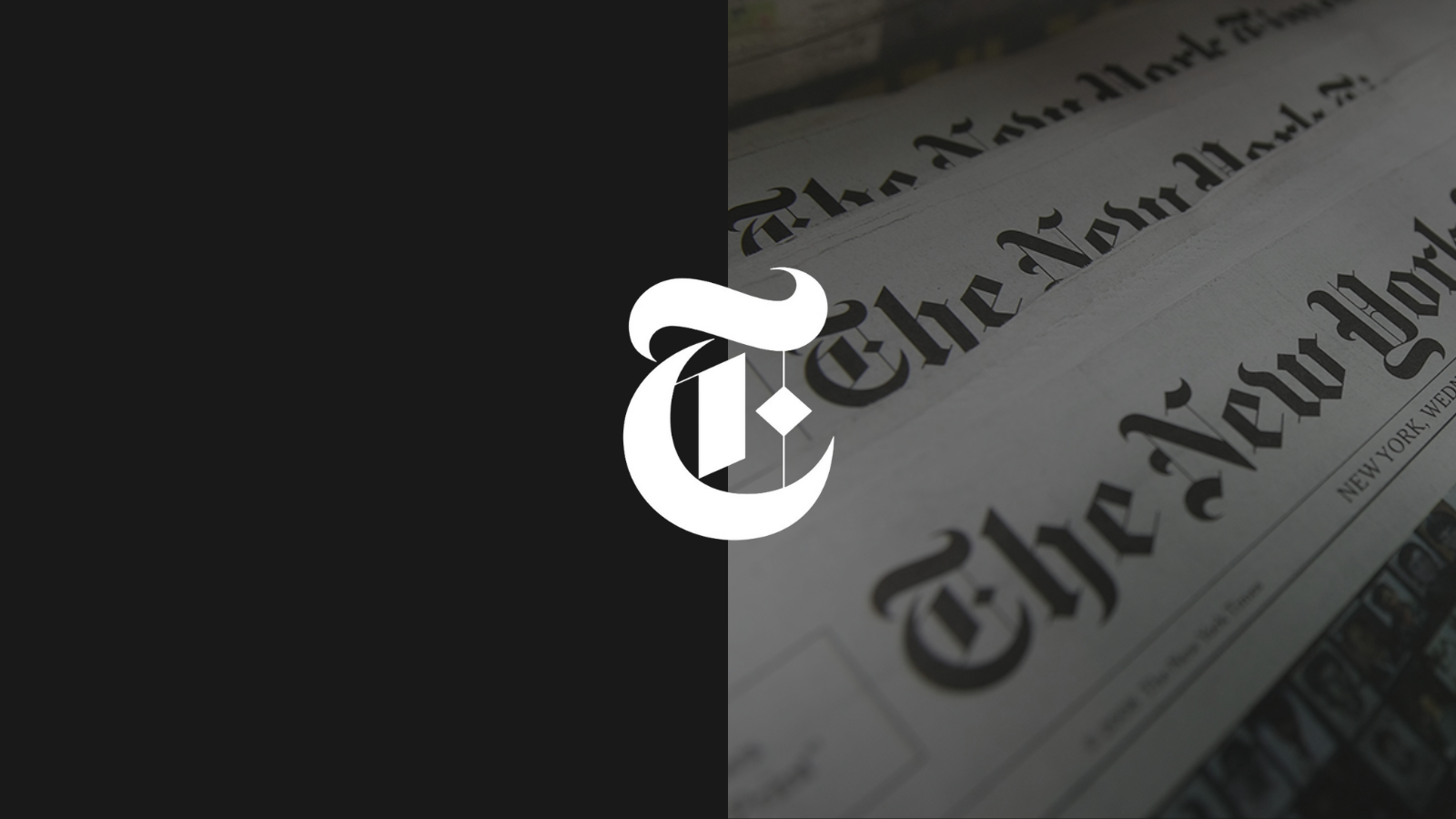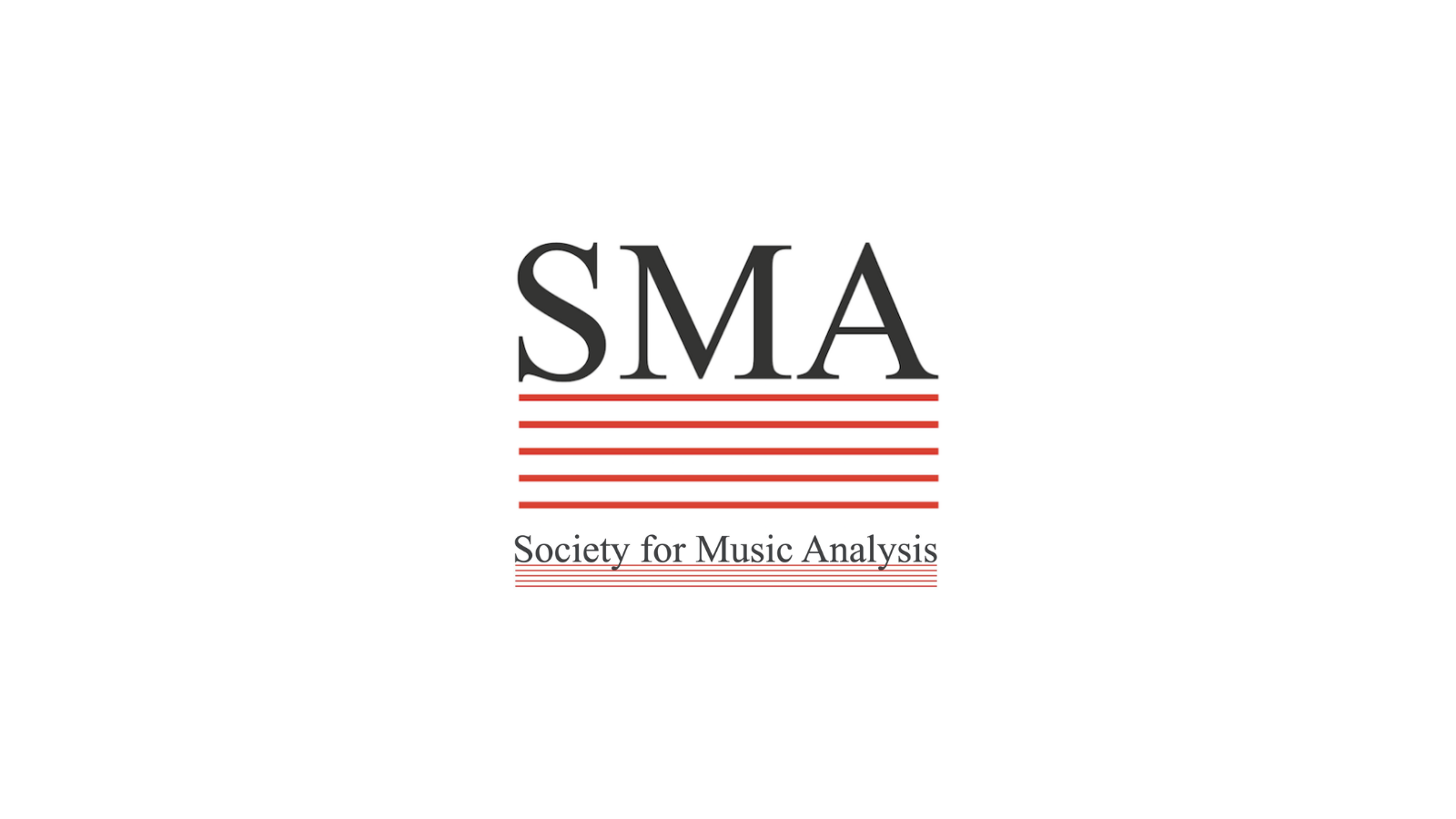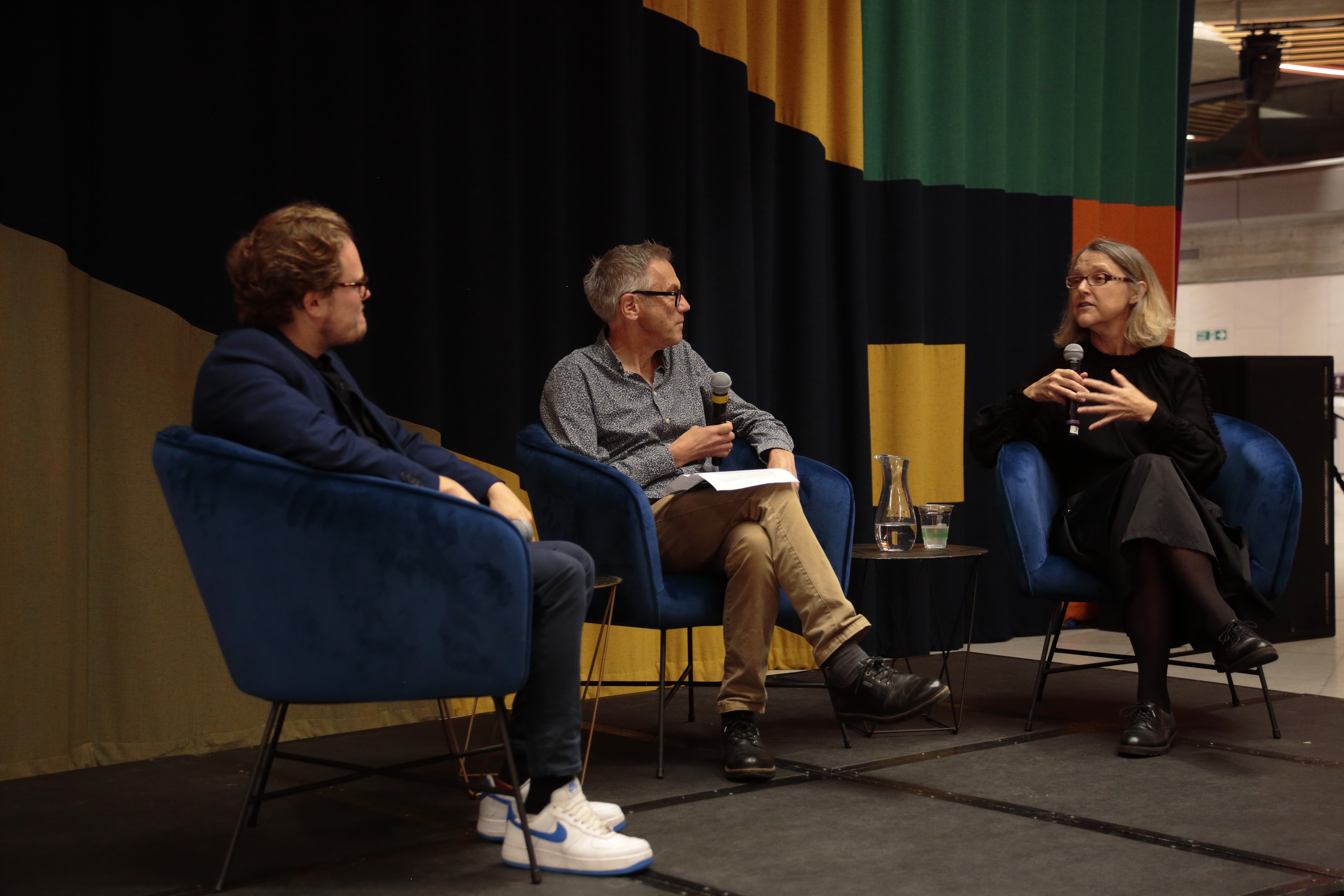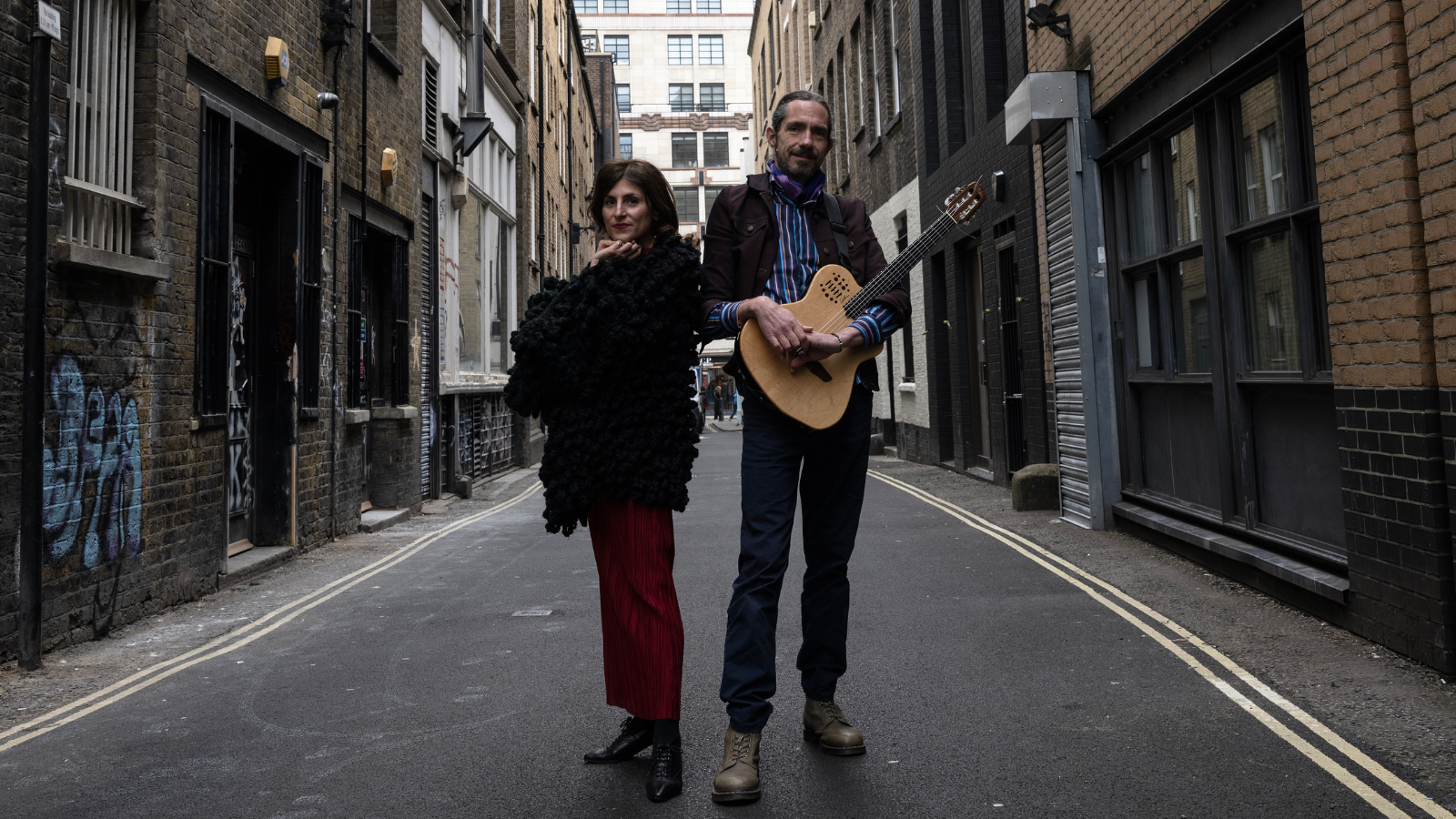As part of their Cambridge Companion series, our Senior Lecturer in Composition, Dr Tonia Ko, contributes a chapter on 'instruments and innovation' for their latest release on the world of music composition alongside some of the most leading voices in the field.
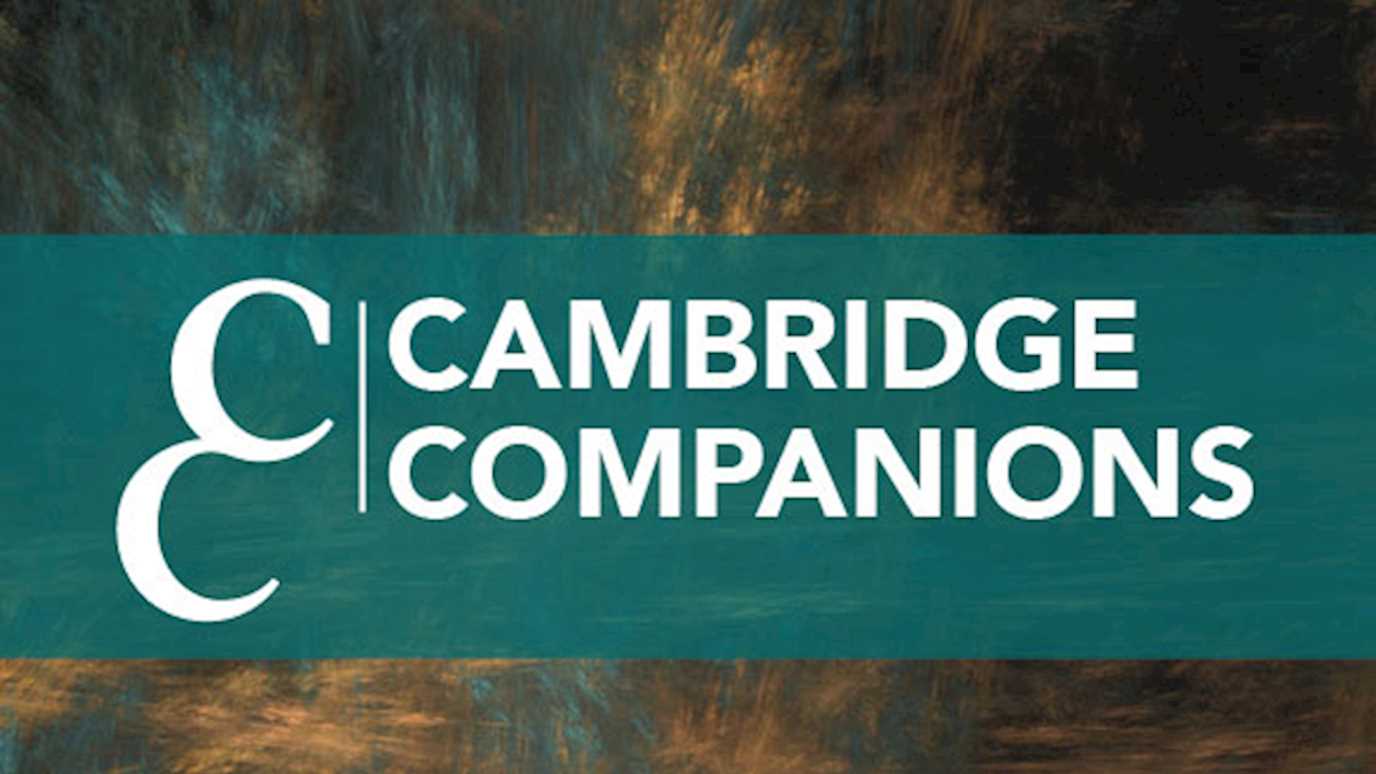
Cambridge Companions are a series of authoritative guides, written by leading experts, offering lively, accessible introductions to major writers, artists, philosophers, topics, and periods.
There are as many ways of creating music as there are composers in the world, with a vast array of possible methods and practices. Edited and compiled by Prof. Toby Young (Guildhall), this book provides essential critical and practical tools for composers as they try to navigate this complex landscape, whilst also offering provocations for practitioners discovering their own voices and solidifying their place in their musical communities. Designed to be a companion in the truest sense, the book offers practical support throughout the creative process and thought-provoking insights on technical questions for a range of compositional approaches.
An introduction to Tonia's chapter on 'Instruments and innovations'
The study of composition necessarily involves some study of instruments. In order to write effectively for any instrument (acoustic or electronic), one needs to have an understanding of its method(s) of sound activation, pitch range, timbral characteristics, dynamic scope, and rhythmic limitations. While composers consult orchestration textbooks or online resources for some of this knowledge, it is also acquired through collaboration with musicians, hands-on experience with an instrument, and trial and error. In this way, organology, or the study of instruments, is an essential part of composition technique. Yet organology is also part of the creative process. With each new piece, the composer decides on a different approach to the chosen instrument(s) – which playing techniques to use, what physical
gestures to emphasise, and even what objects should count as instruments to begin with. Instruments are inventions that enable us to invent.
This chapter examines the relationship between composers and instruments. More specifically, it is about how composers ‘get creative’ with the instrumental object, and how these small acts of subversion have a profound impact on both sound and meaning. A composer does exert their will upon instruments (and therefore the musicians); however, we can trace a less common narrative, one in which sound objects themselves provoke and facilitate experimentation. How do composers discover new sounds with old instruments? What conceptual priorities are evident when composers incorporate ‘external’ objects or processes into a piece? What are some of the motivations and objectives behind subverting traditional practices of writing for instruments? This essay focuses on externalised instruments rather than the voice or other body-based music-making. Also beyond its immediate scope are related topics of instrument design and digital instruments.
Find out more
To read more or to purchase your copy, please visit this webpage (link embedded).










